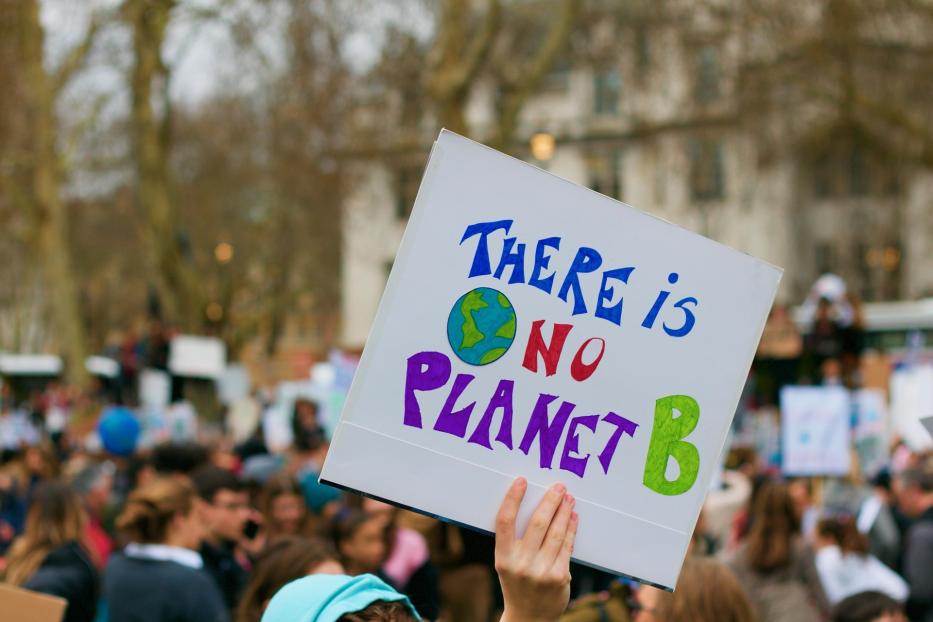COP30: Let's talk about the truth
4. November 2025
In a world overwhelmed by crises like wars, geopolitical rifts and economic instability, it’s easy to understand why climate action has slipped from the headlines. But it’s also precisely why we must not let it slip from our priorities.
By Lena Koch, Climate Policy Advisor at ClimatePartner
As COP30 approaches, the signs are clear: this year’s climate summit in Belém, Brazil, is shaping up to be one of the quietest in recent memory. Logistical challenges have made participation difficult. Accommodation prices have skyrocketed, some rooms reportedly reaching over $1,000 per night, forcing many delegations, including from the EU and Global South, to scale back or even consider remote participation. Civil society groups, youth activists, and Indigenous representatives - those whose voices are essential to just and inclusive climate solutions - are being priced out.
Even the traditional World Leaders’ Summit, usually a high-profile opening to the negotiations, has been moved ahead of the official start to ease logistical pressure. Yet, few heads of state have confirmed attendance. The symbolism is hard to ignore: in a year when the Amazon itself hosts the summit, the world seems to be looking away.
But this isn’t just about logistics. It reflects a broader trend: climate action is no longer the “hot topic” it once was. The urgency hasn’t changed - but the spotlight has shifted. And that’s dangerous.
We see the same pattern in corporate climate action. After years of bold pledges and glossy sustainability reports, many companies are now going quiet. Not necessarily because they’ve stopped acting - but because they’re afraid to talk about it. A recent Bain & Company study found that while CEOs speak less about sustainability today, many are doing more behind the scenes. This “do-say gap” is driven by fear of greenwashing accusations and shifting public sentiment. This is where the media has a critical role to play. Too often, coverage focuses on companies that get it wrong. Those who overstate their efforts or fall short of their promises. While accountability is essential, this one-sided narrative can discourage transparency and ambition. What we need instead is balanced reporting: celebrating those who lead with integrity, calling out those who do nothing, and encouraging honest communication about progress and challenges alike. By shifting the narrative, the media can help rebuild trust and momentum around climate action.
Silence is not the answer. If we want climate action to succeed - at COPs, in boardrooms, and in communities - we need to keep it visible. We need to celebrate progress, share lessons, and hold each other accountable. We need to make climate action something to be proud of again.
Because here’s the truth: climate change is one of the few global challenges where we already have the solutions. We know what needs to be done. We have the technologies. We have the science. What we need is the political will, the public pressure, and the shared belief that multilateralism can still work.
That’s why COPs matter. Not because they’re perfect. Not because they solve everything. But because they are one of the last remaining spaces where the world comes together to tackle a shared crisis. And in times like these, when division and despair are everywhere, we need those spaces more than ever.
So let’s not let COP30 pass quietly. Let’s talk about it. Let’s demand better access, more ambition, and real inclusion. Let’s remind the world that climate action is not a luxury - it’s a responsibility. And it’s one we can still live up to.
Zurück zur Übersicht
